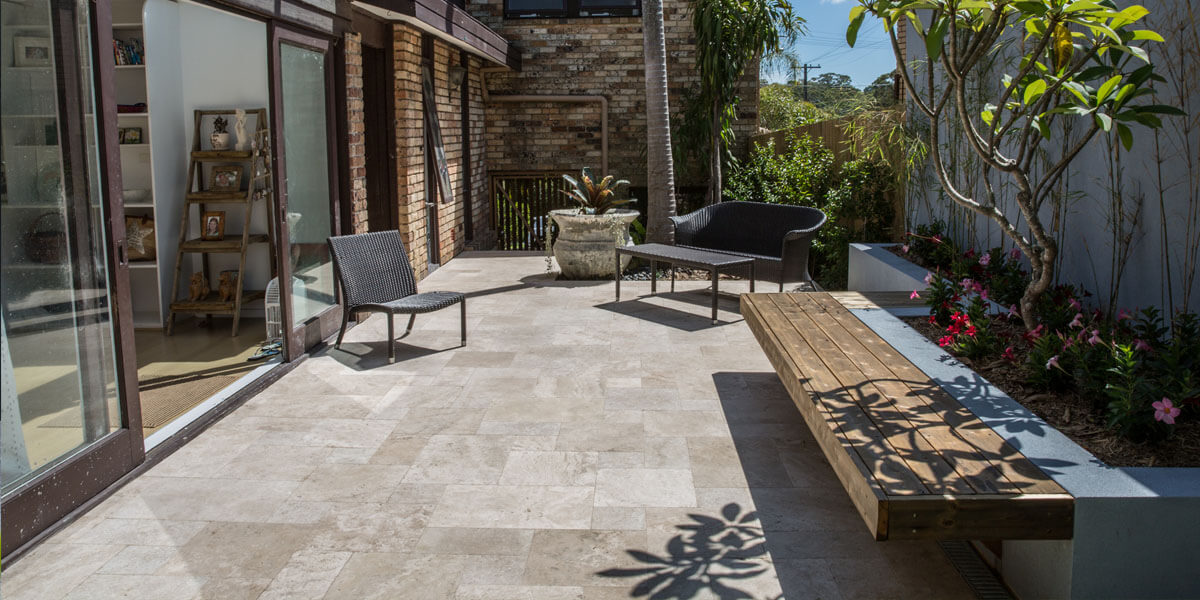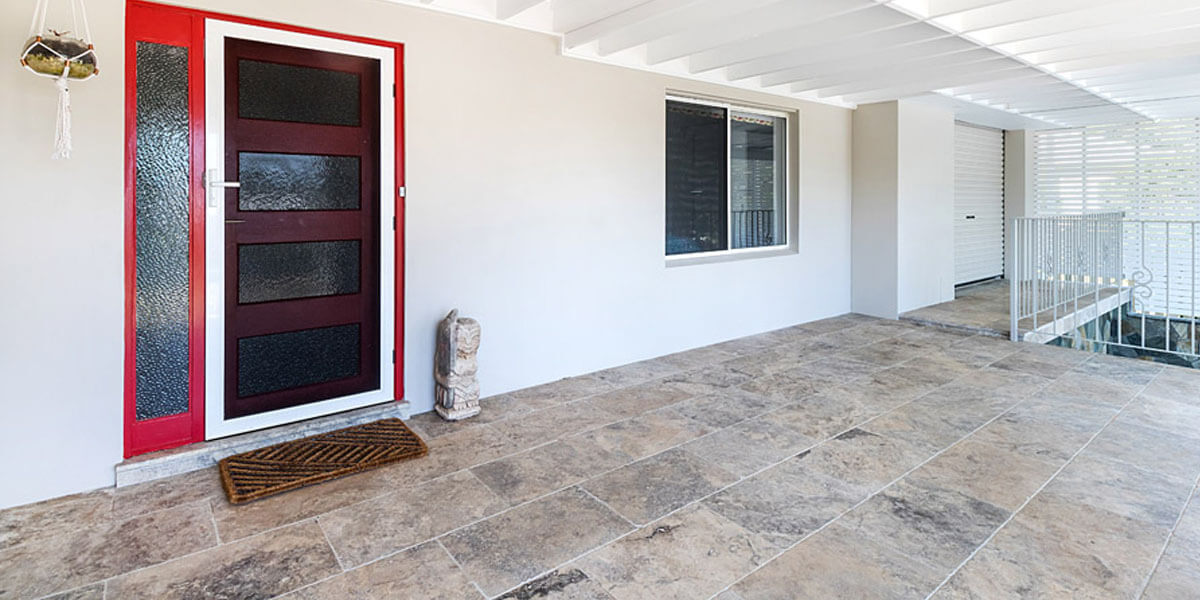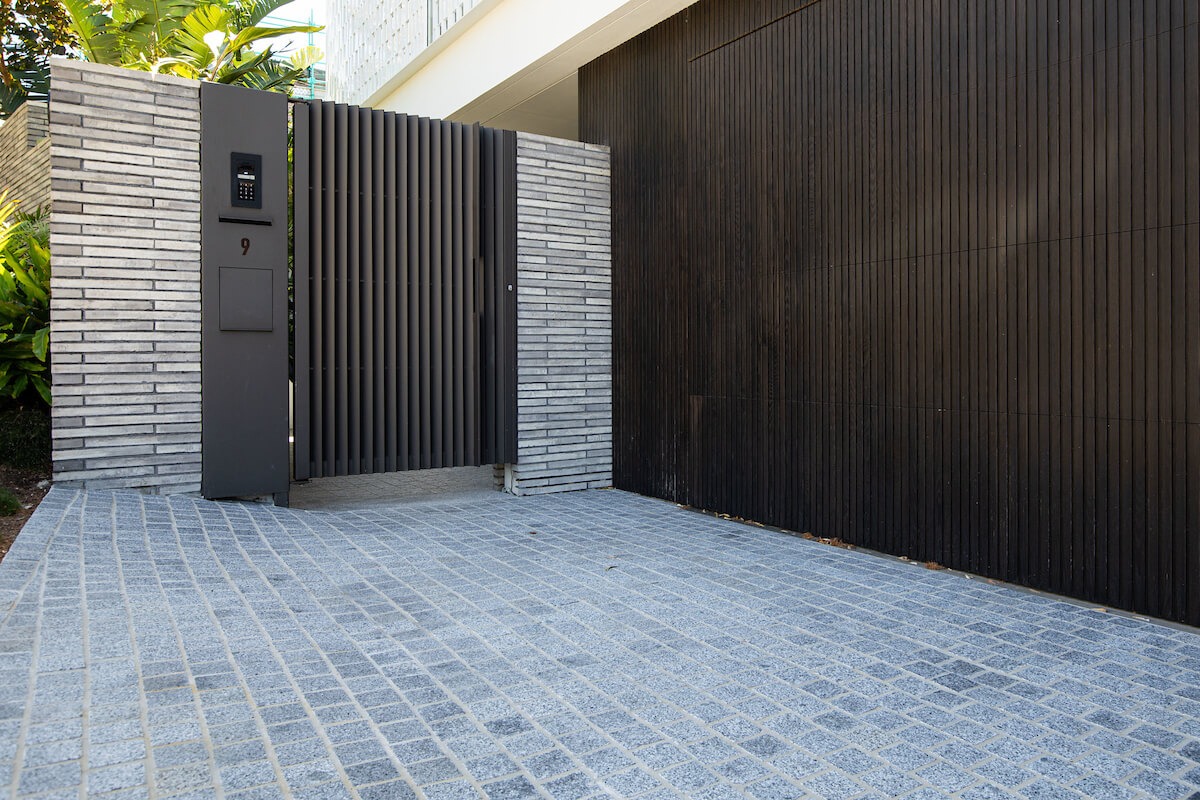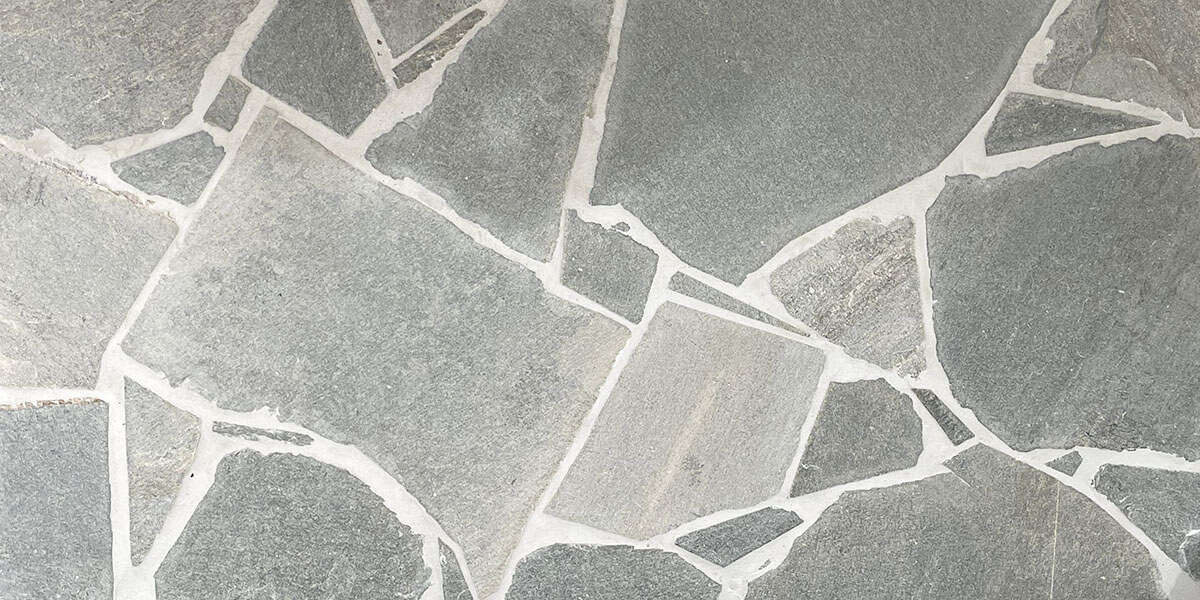The 9 Most Frequently Asked Questions About Travertine Pavers
THE 9 MOST FREQUENTLY ASKED QUESTIONS ABOUT TRAVERTINE PAVERS (FAQ)
So you’re looking to transform your backyard, courtyard or patio with a timeless and classic natural design?
Yes?
Perfect!
Let’s see if Travertine pavers may be the best choice for you.
In this article we will look at some Frequently Asked Questions about Travertine Pavers. This will give you a firm understanding of this natural stone and equip you with the correct information to make a decision if it’s the best choice for your circumstances.
1. WHAT IS TRAVERTINE?
Travertine is a calcite based natural stone which is formed beneath geo-thermally heated hot springs over a period of millions of years. The hot water shoots up through the stone creating the pits and character you see on the surface of the stone.

2. WHAT COLOURS ARE TRAVERTINE PAVERS AVAILABLE IN?
Travertine comes in a variety of colours. The most common ones used in Australian are Classic Light Cream and Beige, Medium Cinnamon, and finally Silver Grey Travertine.
Due to travertine’s subtle tones and veining texture, it is easy to see why it is a popular choice amongst Australian homeowners and installers alike.

3. HOW MUCH DO TRAVERTINE PAVERS COST?
With a range of benefits, travertine pavers are a relatively cost-effective natural stone.
Depending on the quality and stone colour, travertine pavers can cost from $45m2 – $98m2.
The classic colours like beige and cream travertine pavers require less investment because they are more common. On the other hand, silver travertine is not as readily available in quarries and as such has a higher investment cost.
4. DO TRAVERTINE PAVERS STAIN?
Even if you seal the stone, any natural stone can cause stains. As we explain in this blog, the purpose of a sealer is to reduce the porosity of the stone and in doing so, help the stone withstand stains from non-acidic particles. As such, if acidic particles penetrate the travertine paver, they can still stain the stone.
Unfortunately, there is no bullet proof alternative, unless you choose to install travertine look-a-like porcelain pavers.

5. SHOULD TRAVERTINE PAVERS BE SEALED?
Yes.
It is highly recommended to seal travertine pavers.
In the off-chance that a liquid is spilled onto the travertine stone surface, because of its high degree of water absorption, it can almost instantly stain the stone.
As a result, travertine pavers are relentless and unforgiving because the reaction time to clean them is basically zero!
This is why sealing travertine surfaces is so important!
Sealing significantly reduces the degree of water absorption and gives you more time to clean the stone and remove the contaminants before a stain can surface.
In saying this, depending on your lifestyle and outdoor setting, you may want to choose a high quality and premium sealer. When tested, these have demonstrated the longest reaction time (measured in hours) and are thus better equipped for protecting surfaces from a wide range of both water and oil-based contaminants.
6. DO TRAVERTINE PAVERS GET HOT?
Since travertine comes from the calcite family, it reflects heat. This makes it a perfect stone for outdoor areas that have constant heat from the sun.

7. IS TRAVERTINE SLIPPERY WHEN WET?
Yes and no.
Yes, your ordinary tumbled travertine pavers can get very slippery when wet and are not recommended to be used around a pool.
As a pool area is under constant water stress, the last thing you want is an accident.
At Armstone, we have conducted a “Wet Pendulum Test”. This resulted in P3 slip Rating for your ordinary tumbled Travertine.
On the other hand, you have “B” grade travertines which are more porous. As such, they absorb more water. This makes the travertine less slippery.
8. CAN YOU LAY TRAVERTINE PAVERS ON SAND?
Yes, high-density first-grade travertine pavers can be laid on a sand base for foot traffic areas. These pavers need to have a minimum thickness of 30mm.
You need to be very mindful of the hair fractures in All-Natural Stone pavers. These are basically the weak part of the stone paver where cracks can potentially occur when laid on soft substances like river sand. By keeping the pavers a thickness of 30mm or more, you significantly reduce its chances of cracking.
If cost isn’t an issue, we recommend laying the pavers on a sand-cement bed rather than a river sand bed. This will also help you grout the joints in between the stones.

9. HOW TO GROUT TRAVERTINE PAVERS?
Some people prefer not to grout travertine pavers because they like to keep the look as close to natural as possible.
However, this becomes problematic when the cavities collect dirt and it’s very hard to clean this.
To some degree, you will be able to clean the cavities using high-pressure hosing, but some debris will remain. As the stone is a natural product, the holes will also attract mould and mildew.
As such, we recommend grouting both the paver joints and the entire paver. Filling all the holes with a proper fine grout will make cleaning and general maintenance a lot easier for you.
CONCLUSION:
Travertine pavers are a popular choice amongst home owners and builders alike for a good reason. They have a very appealing natural aesthetic and for a natural stone, they are reasonably priced.
On a final note, we strongly advise that if you choose travertine pavers that you pick an A grade product and find a tradie who is experienced with the installation procedures for this particular stone.
As always, it’s been a pleasure and if you have any questions feel free to give us a call or send us an email. One of our experts would love to help you!



